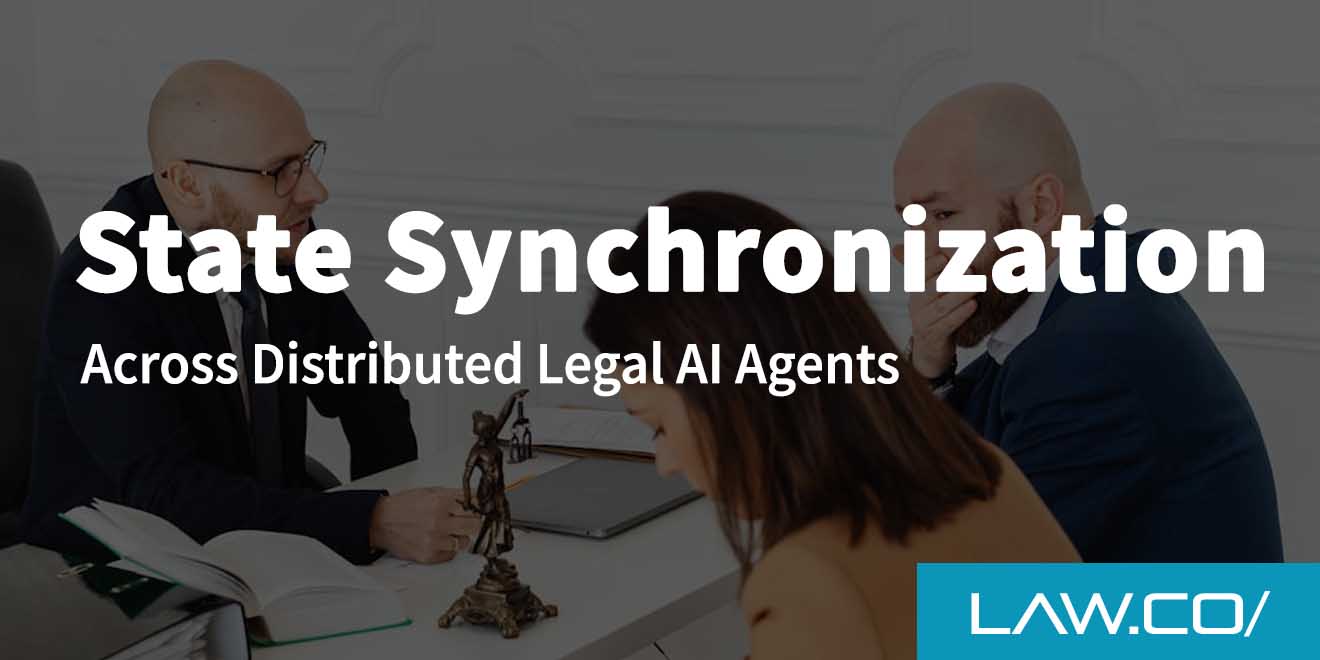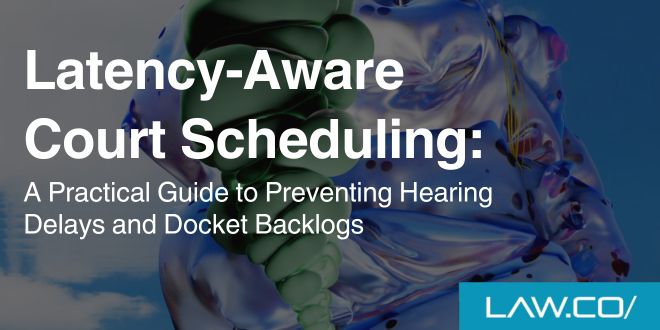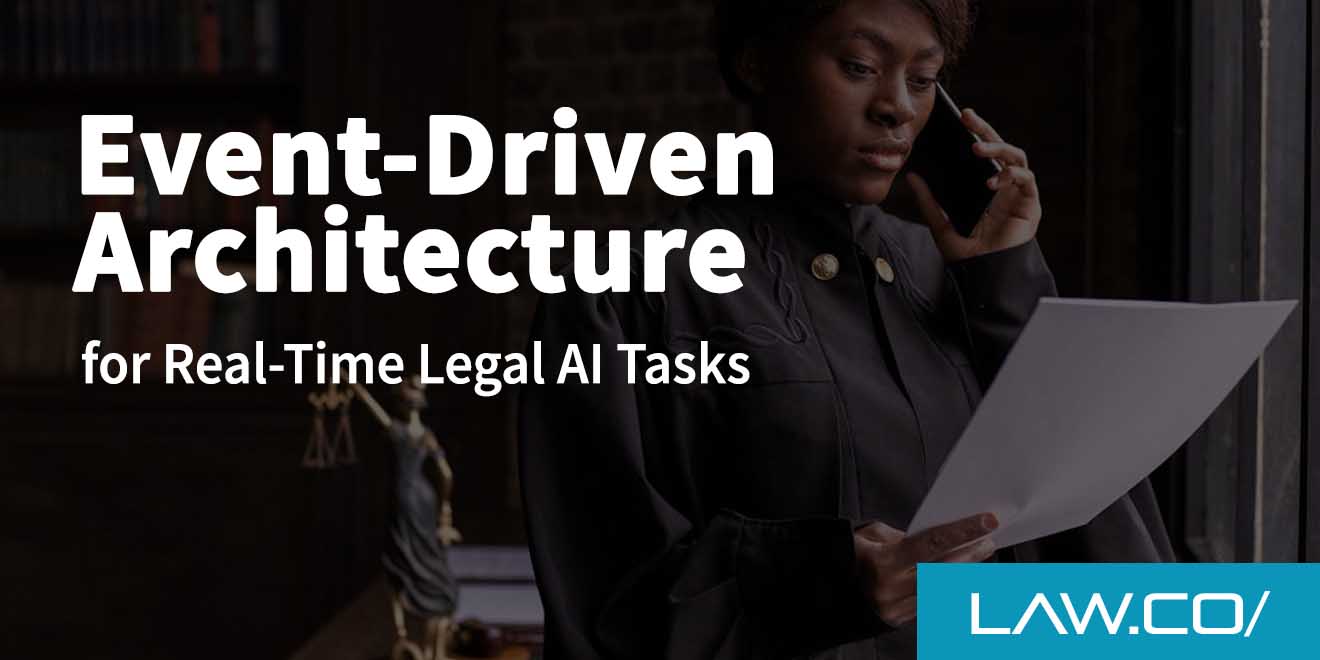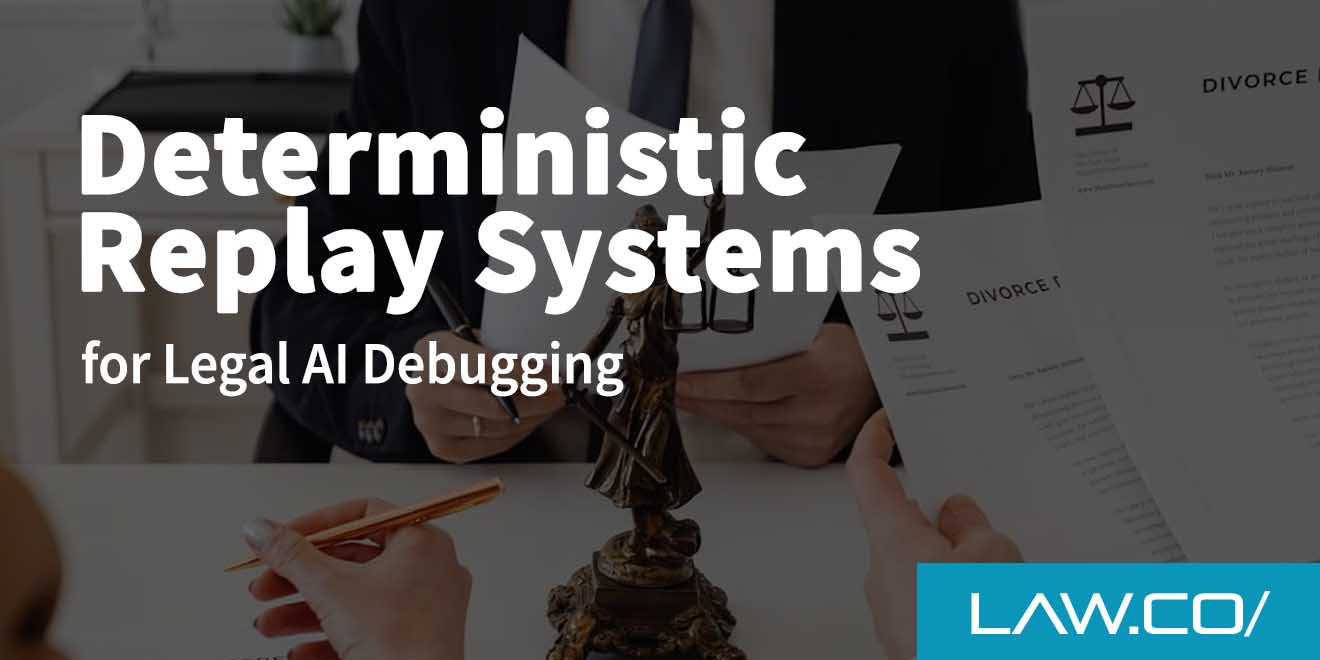

Social Media Marketing Mastery: Navigating the Digital Landscape for Lawyers
Social media is an integral part of communications in the world today, and it's no different for lawyers. Building a credible presence online is vital for branding and marketing success. When used appropriately and ethically, it has the power to boost a lawyer’s career in myriad ways.However, careless choices of content, and missteps while conversing online can have serious implications on how the attorney is seen by peers within both the legal community and society at large. To ensure effective use of social media with minimal risks, lawyers must adhere to a set of standards.These guidelines offer help to lawyers navigating social media use, discuss tips on content production, ethical advertising considerations, responsible privacy practices when dealing with clients’ data online, appropriate behavior when talking to the public and other professionals, how this monitored by discipline enforcement authorities, and how important adherence to the principles presented here are.
Professional Conduct on Social Media

Maintain confidentiality and attorney-client privilege
When it comes to social media usage, lawyers must take special care that their use of the platform does not jeopardize client confidentiality or attorney-client privilege. Breach of either could result in serious ethical as well as legal implications.Thus, lawyers should never share confidential or privileged client information via any form of electronic communication, no matter the privacy settings they have set on their social media accounts.
Avoid conflicts of interest
Lawyers must adhere to an ethical code of conduct when engaging in activities online notably to avoid conflicts of interest. When dealing with clients, there may be sometimes situations that could give rise to any form of disputable relationships and lawyers must refrain from pushing the limits by considering social media usage within operations to avoid conflicts.Lawyers should thus take extra precautionary steps such as refraining from even a little bit of friendly behavior or seemingly inconsequential pursuits engagers on social media that may unintentionally result in elevated levels of personal interest and conveying unscrupulous messages with clients.Also, disclosure should be swiftly made of any possible conflicts of interest at the promptest possible time once detected or discovered under any circumstances that could even indirectly distress professional dealings, especially before undertaking client representation.
Uphold the duty of competence
While using social media, lawyers must take special precautions to uphold the duty of competence—the responsibility to have the knowledge needed to pursue a matter. This includes familiarizing oneself with the rules and laws related to the case at hand, including language regulations, and legal documents among other things.To further protect their client’s interests and advance their causes discharging pro bono services rather than activities that emphasize fees should be considered where applicable.It is important that lawyers remain independent sources of advice, and avoid conflicts of interest in their online relationship with a client. They should avoid publicly expressing views on matters related to existing case or potential cases.
Respect the rules of professional conduct
Adhering to the permissible rules of professional conduct should be of utmost importance for lawyers engaging on social media platforms. Everyone, especially professionals with years of experience learning and honing skills in a particular field, should feel a certain level of responsibility when talking about it online.Lawyers must abide by local regulations, their own firm’s requirements, and relevant ethical considerations at all times when using any form of online communication. Respectful discourse must be maintained before anything else; trolling or deliberately inciting rift offline and/or online is a strict no-no.Recognizing each others’ opinions, even in disagreement, and working together to find the best resolution must always be a priority. Lawyers should all strive for the highest of professional standards when navigating social media channels both inside and beyond law office walls.
Content and Communication Guidelines
Maintain a professional image
Political statements or content that exhibits bias can easily cause controversy on social media platforms and it is important for lawyers to be mindful when posting especially on Facebook or other famous sites. In order to avoid any harm to your personal and professional reputation, it is imperative that you contain yourself from engaging in cyber-arguments or debates.The standard of conduct still applies online - it is better to keep interactions respectful and professional rather than engaging in personalized attacks. Seek professional advice where necessary to comply with the social media best practices for lawyers.
Exercise caution when sharing personal opinions

SourceIt can be tempting to freely share one's opinions on social media; however, lawyers must exercise caution when thinking of doing so. When in an official capacity as an attorney, everything posted publicly will reflect the individual as a professional.Unprofessional posts associating the lawyer with subjects ranging from extreme political standpoints or exulting a business win may present several ethical and legal concerns.
Refrain from engaging in online disputes or arguments
Lawyers should make an effort to prevent any online disputes or arguments due to the negative impact that it can have on their professional reputation. In general, such behavior is discouraged in accordance with the Rules of Professional Conduct and may put lawyers' organizations at risk of disciplinary measures in the long run.Therefore, a lawyer must show restraint when replying on social media platforms, handle matters carefully and remain professional at all times. Lastly, they should not engage themselves willingly into such situations which are often unproductive but could end up damaging their credibility.
Review and proofread before posting
Creating content and proofreading them before posting is essential for lawyers to ensure accuracy of information and professional image on social media.Posts should be well thought out, using suitable language and accurate facts unmarred by grammar issues or typos that reflect negatively upon the lawyer’s character. Keeping posts concise and without errors avoids any future misinterpretations or misunderstandings which could negatively affect the business.
Ethical Advertising and Solicitation
Comply with advertising rules and regulations
Complying with all advertising rules and regulations is an important consideration for lawyers using social media. Advertisements must be accurate, reasonable and comply with the laws and professional conduct rules of every state or jurisdiction in which they appear.Failing to do so could substantially harm a client's best interests and potentially create professional misconduct charges against the lawyer.Lawyers must remain vigilant to ensure that advertisements conform to legal ethics as promulgated by the highest governing legal authority in each respective state or jurisdiction.
Refrain from making false or misleading claims

SourceLawyers must refrain from making false or misleading claims when advertising their services through social media platforms.This means avoiding service of representation promises which are likely to mislead the public regarding the benefits or advantages offered by such representation. Additionally, lawyers should not imply they have a special expertise or certain credentials which may be illegal under state law.Furthermore, any advertisements by lawyers should be substantially true and accurately depict factual information related to their services.
Avoid soliciting clients in an improper or unethical manner
Lawyers must avoid soliciting clients in an improper or unethical manner when it comes to Ethical Advertising and Solicitation. Doing so can be a violation of laws and professional standards, and can lead to serious sanctions.Consequently, lawyers should exercise caution with any advertisements or solicitations for legal services; they should never be false or misleading, nor should they use tactics such as direct mail campaigns that might constitute aggressive behavior towards potential clients.
Use disclaimers when necessary
Lawyers must use disclaimers when advertising and soliciting clients to ensure compliance with ethics regulations. Disclaimers are notices that inform people viewing an advertisement of a lawyer’s legal qualifications or greater likelihood of success rate than other lawyers.Such notices may also be required by government agencies in certain contexts, such as emails sent marketing the services of a law firm. When using disclaimers in their advertisements, lawyers can avoid potential violations and establish believable counsel amongst potential clients.
Privacy and Data Protection
Protect client information and maintain confidentiality
Lawyers have a professional and ethical obligation to protect the confidentiality of their client information while using social media.They are responsible for safeguarding all confidential or legally privileged data and communications that could be related to any consumer, patient, or past or present clients when engaging online.Lawyers must fully understand the legal requirements for protecting this confidential information and ensure proper security measures are in place when sharing it with third parties.
Understand the privacy settings and features of social media platforms
When used properly, social media can be an effective tool for helping lawyers build relationships with potential and existing clients. However, it is important to understand the platform’s privacy settings and features before using them for professional purposes.Not being mindful of verifying the protection of confidential or sensitive information may land you in hot water depending on where you are geographically located. From a traditional data management perspective which has developed over many year of practice as a lawyer, it is all part of providing effective client-centered service to clients who placed trust in you.
Obtain proper consent before sharing client information
When it comes to the use of social media by lawyers, protecting confidential and client information is truly paramount. To ensure confidentiality is upheld, lawyers need to obtain proper consent before sharing any such information.For instance, if a lawyer shares documents related to their client's case online or makes content that gives away personal details about their clients, they must ensure regular checks are performed on numerous aspects in line with applicable laws, and regulations overseeing privacy and confidentiality rights playing out in this regard before they make a post.
Conclusion
The use of social media for lawyers demands a clear understanding of the duties and obligations that come with using it, including professionalism, honesty, respectableness affording resources to clients that will effectively represent them.By following these guidelines, lawyers can ensure their ethical use of social media so as to maintain integrity in accordance with all professional standards.It is paramount that efforts be made towards continuous learning on safe and lawful usage of online platforms amongst those practicing law with artificial intelligence in order to minimize risks and threats present online while staying afloat with time.

%201.svg)










